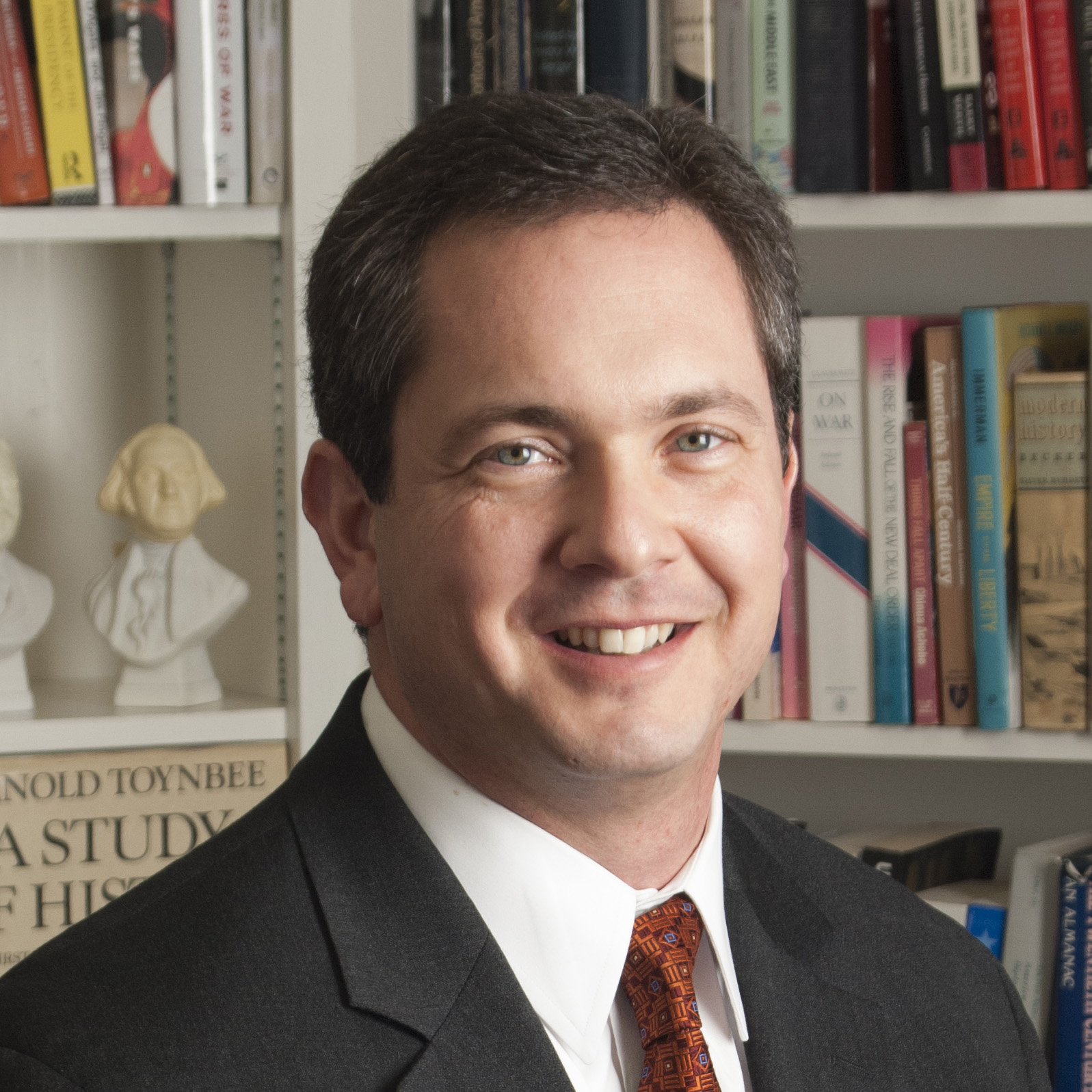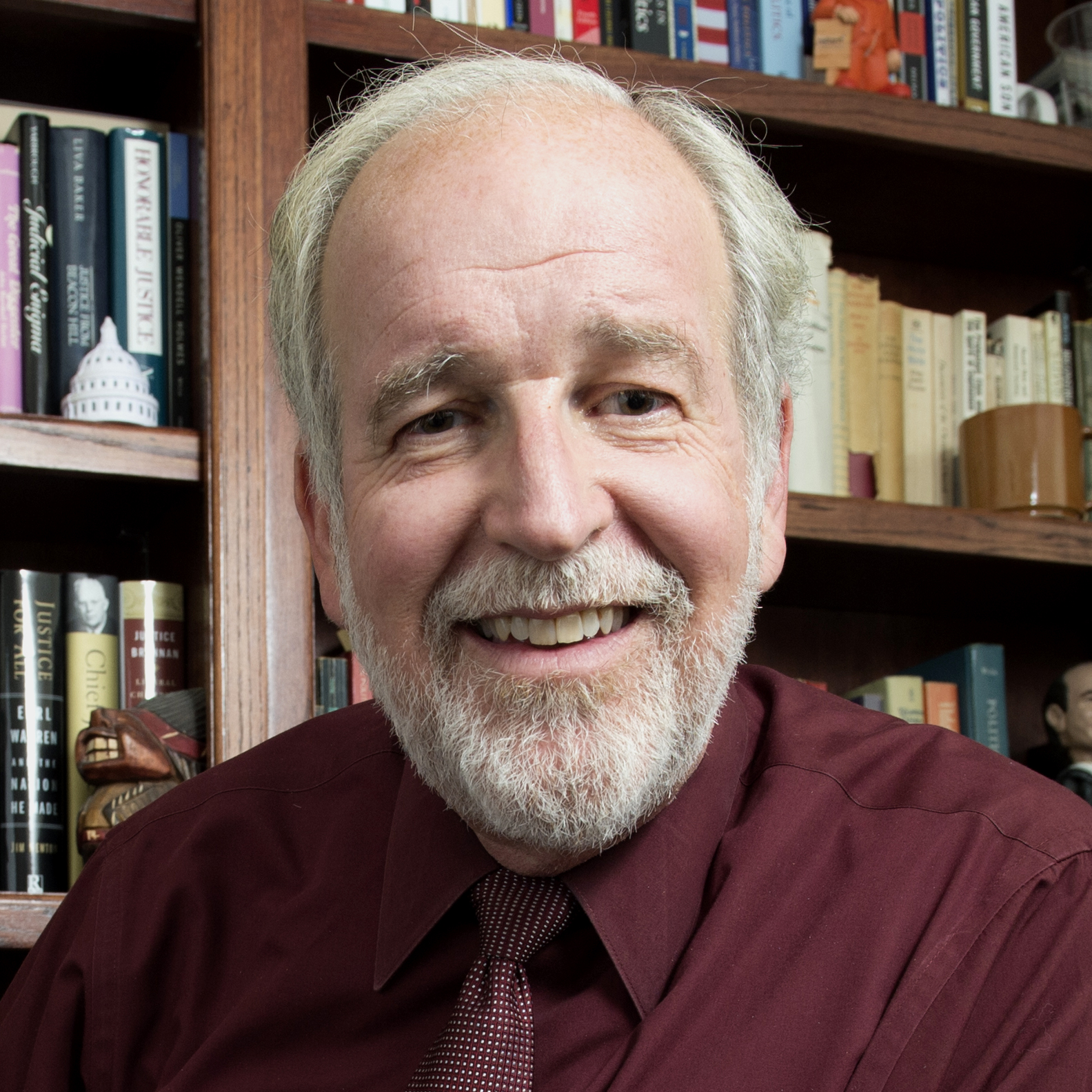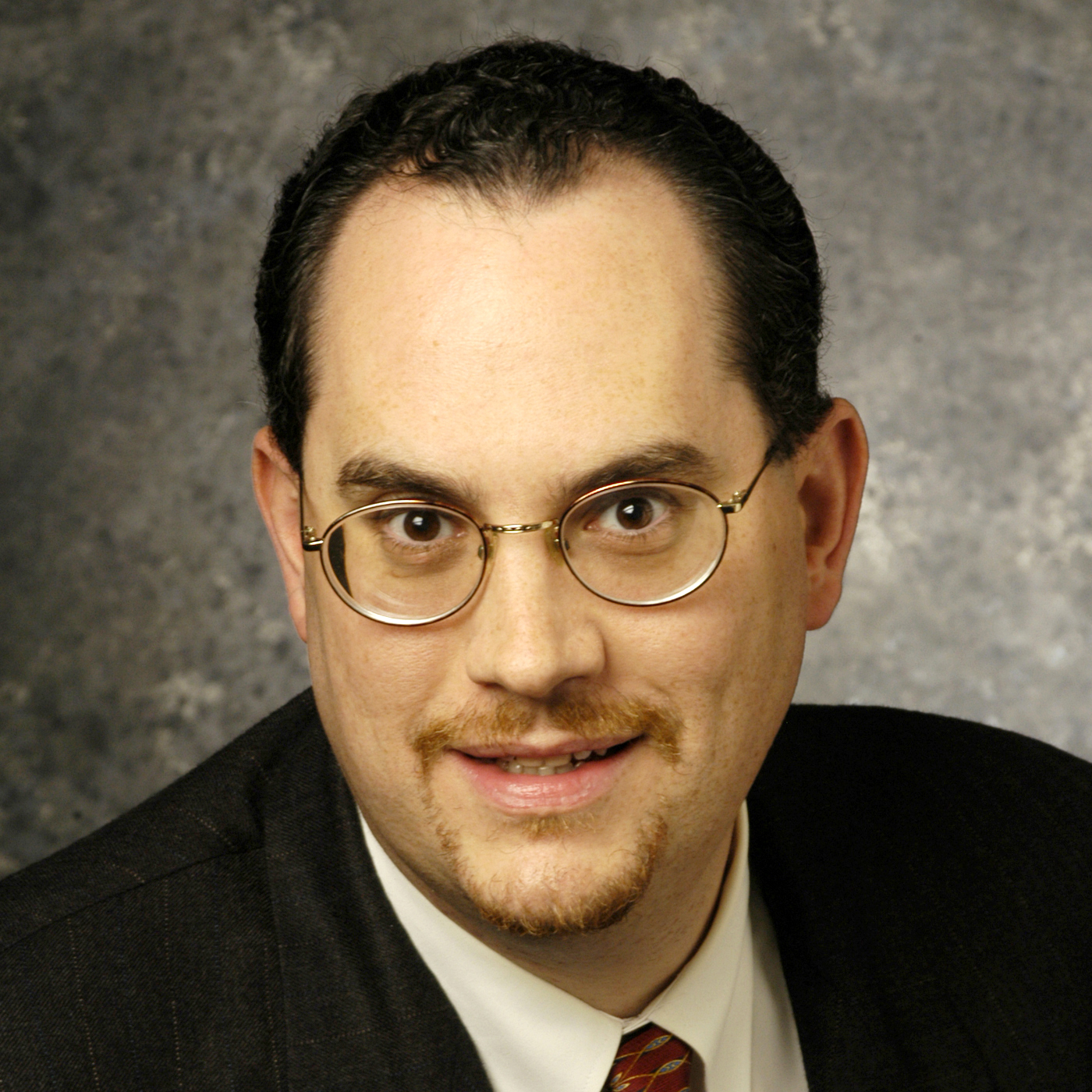Supreme Court battle focuses on Garland
SMU experts are available to discuss the evolving fight over President Obama’s Supreme Court nominee, Merrick Garland.
DALLAS (SMU) – SMU experts are available to discuss the evolving fight over President Obama’s Supreme Court nominee, Merrick Garland, chief judge of the U.S. Court of Appeals for the District of Columbia Circuit.
| CONGRESS VIOLATES CONSTITUTION BY REFUSING TO CONSIDER SCOTUS NOMINEE |
|
|
Engel minced few works when discussing Republican obstructionism to President Obama’s Supreme Court nominee – calling it unethical and unconstitutional. “The constitution gives Republicans the right to not vote for a candidate, but it doesn’t give them the right to ignore the president,” Engel says. “Our first African American president getting to have three-fifths of a presidency is reprehensible.” Engel also says the Republican argument for letting the American people decide the spot in the coming election sets a dangerous precedent. “There is no guarantee Republicans or Democrats couldn’t say even after the election that they think the American people should get four years to decide who should pick the next nominee – it’s the same exact logic,” Engel says. “They’re playing with really dangerous things here.” But no obstructionist draws more ire – and flirts more with violating the spirit of the constitution, says Engel – than Ted Cruz. “The thing that gets me most furious is that when a political candidate or actor who simultaneously says they believe in the constitution and but that Obama should not have nominated someone – they are either willfully stupid or willfully lying, and I’m looking at you Senator Cruz,” Engel says. “The Constitution says if you’re going to vote the guy down you have to stand up and do it.” Engel is director of the SMU Center for Presidential History. He can discuss:
|
|
| NOMINATION HAS CHANCE TO SWING COURT, BUT MORE LIKELY TO BECOME POLITICAL PINATA |
|
|
With the Supreme court split evenly between liberal and conservative justices and a number of America’s most salient political issues likely to be argued in front of the court in the years ahead, Kobylka says the impact of Merrick Garland, if appointed, would be huge. “If the appointee were to join the so-called liberal block, you could see changes in issues with affirmative action, campaign finance, abortion rights and questions of federal power like Obamacare,” Kobylka says. Garland’s nomination, he says, is likely more politically significant than legally significant because there’s a danger of his becoming a political pawn. “Garland has been on the court of appeals for years,” Kobylka says. “He’s 63 years old, which is older than most nominees. I think Roberts was 50 and Kagan was 50 – so that might be to appeal to critics and show Obama’s not stacking the court for the next 30 years. The problem with Garland is he clerked for Brennan, who was a liberal, and Garland was a Clinton appointee, so this is a traditional democratic pick. “In a sense, Garland could become a sacrificial lamb and a political whipping post,” Kobylka adds. Kobylka is an associate professor of political science. He can discuss:
|
|
| COURT NOMINATION WILL TURN D.C. INTO ONE-ISSUE TOWN |
|
|
Stepping into trenches that were dug the moment Justice Scalia died, Republicans and Democrats are likely to become even less productive in Washington D.C. as the debate over Garland blocks out all other issues, says Wilson. “It shows what sad point we’ve reached in politics where everything becomes a titanic battle and a huge conflict and it reflects the Supreme Court has become a more politicized institution and people are clearly recognizing it as such,” Wilson says. “It will dominate the political coverage of Washington for the next several months because there is no pending legislation, so this is the only game in town right now.” That said, Wilson cautioned Republicans might be setting themselves up for trouble by arguing the next president should be allowed to pick the nominee. “Republicans better be careful what they wish for,” Wilson says. “With the Republican Party barreling toward Donald Trump, the likely outcome in November is catastrophic losses and Hillary Clinton becoming the next president. They have a chance to appoint a nominee who is relatively moderate and somewhat older, which might be the best deal they get. If they don’t confirm Garland, they may end up wishing they had compared to the alternative.” Wilson is an SMU associate professor of Political Science. He can discuss:
|
|
###
SMU is a nationally ranked private university in Dallas founded 100 years ago. Today, SMU enrolls approximately 11,000 students who benefit from the academic opportunities and international reach of seven degree-granting schools.
21689-nr-3/17/16-kr


